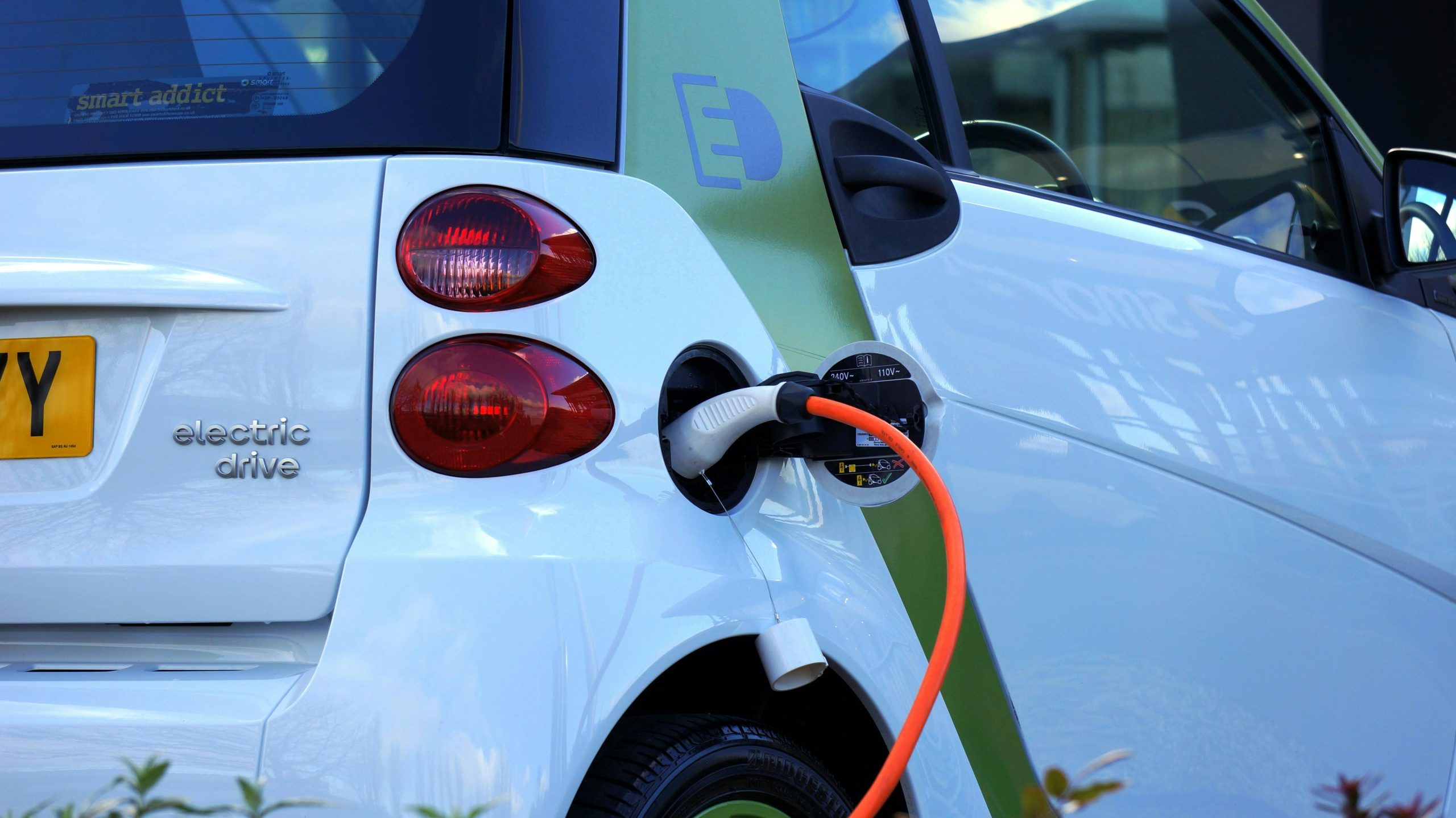The U.S. electric vehicle (EV) industry is facing uncertainty after former President Donald Trump vowed to halt the National Electric Vehicle Infrastructure (NEVI) program if re-elected. His statement has sparked widespread debate, with industry leaders, state officials, and environmental advocates scrambling to assess the potential fallout.
Trump’s NEVI Freeze: What It Means
The NEVI program, established under President Biden’s Bipartisan Infrastructure Law, aims to deploy a nationwide network of EV chargers. With $5 billion allocated over five years, it supports state-led efforts to install fast chargers along major highways. The goal is to address “range anxiety” and encourage EV adoption.
However, Trump’s recent comments at a campaign rally have thrown the initiative into disarray. He labeled the EV transition as a “government overreach” and pledged to freeze federal funding for charging infrastructure. “We’re going to stop wasting money on Biden’s electric car disaster,” he stated.
States in Limbo as Federal Funding Hangs in the Balance
Many states have already started using NEVI funds, with projects in motion across the country. The Federal Highway Administration (FHWA) has been working closely with state governments to implement charging stations, but Trump’s proposed freeze has left many states in limbo.
For example, California and New York, both leading in EV adoption, have aggressive plans for expanding charging networks. A halt in federal funding could force states to seek alternative financing or slow down expansion efforts.
Smaller states with less developed EV infrastructure may suffer the most. “We rely on federal support to bring chargers to rural areas,” said an official from the Iowa Department of Transportation. “Without it, progress could stall for years.”
Industry Backlash and Economic Implications
Trump’s proposed freeze has drawn sharp criticism from automakers and energy companies. Tesla, Ford, and General Motors have all invested heavily in EVs, expecting a robust charging network to support their customers.
“We need certainty, not political back-and-forth,” said an industry spokesperson. “Companies are making billion-dollar investments, and an unstable policy environment makes it harder to plan for the future.”
Moreover, the halt could impact job creation in the clean energy sector. The U.S. Department of Energy (DOE) estimates that EV infrastructure projects could create thousands of jobs. A funding freeze would put those opportunities at risk.
Environmental Concerns and Policy Debates
Environmental advocates argue that pausing NEVI would slow down efforts to combat climate change. The Environmental Protection Agency (EPA) has emphasized the role of EVs in reducing carbon emissions and improving air quality.
“Transportation is the largest source of greenhouse gas emissions in the U.S.,” said a representative from the Natural Resources Defense Council (NRDC). “Cutting off EV infrastructure funding means more pollution, more dependence on fossil fuels, and slower progress toward clean energy.”
On the other hand, critics of the NEVI program, including many in Trump’s camp, argue that the market should dictate the pace of EV adoption. “If EVs are the future, private companies should build charging stations, not taxpayers,” said a policy analyst from a conservative think tank.
The Road Ahead: Uncertainty for the EV Market
With the 2024 election approaching, the future of the NEVI program remains uncertain. If Trump wins and follows through with his pledge, state governments and private investors may need to pivot to alternative funding sources.
Meanwhile, the Biden administration is pushing forward, urging states to continue their projects. “We will not slow down in building the EV future,” said a White House official.
For now, the EV industry, policymakers, and consumers must brace for a turbulent road ahead. Whether NEVI continues or stalls could shape the future of America’s clean transportation goals for years to come.
(Source : arstechnica.com)


